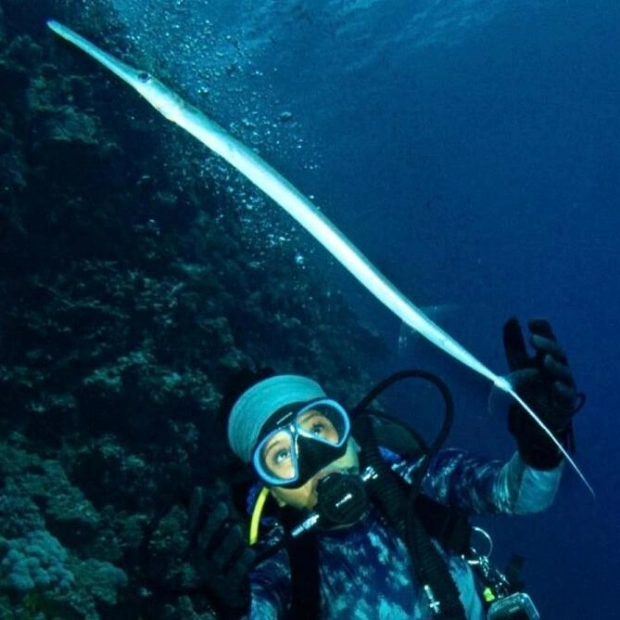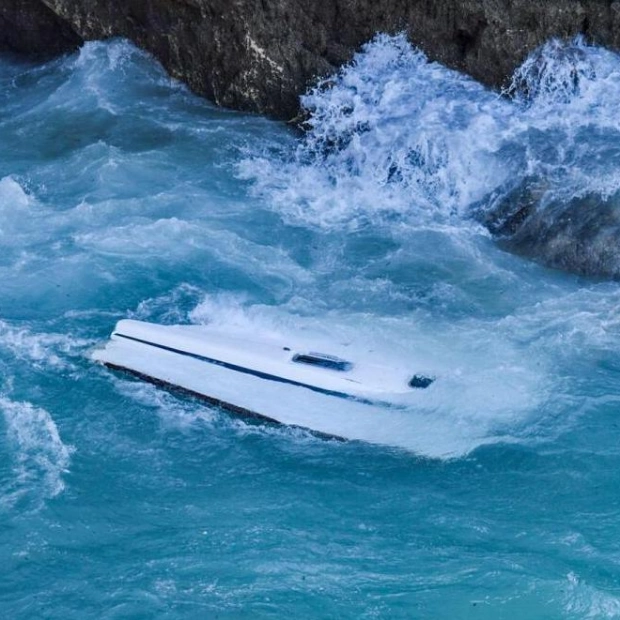Thailand announced on Wednesday the potential first case of the highly contagious mpox strain, which the World Health Organisation has deemed a global public health emergency. According to Thongchai Keeratihattayakorn, the head of the kingdom's Department of Disease Control, the patient arrived in Bangkok on August 14 and was hospitalized the next day with mpox symptoms. Tests are currently being conducted to identify the strain, with officials suspecting it to be Clade 1. The individual, a 66-year-old European traveler from an African country, is now in quarantine.
Thongchai confirmed, "We have conducted a test and it is definitely mpox, not Clade 2. We believe it to be the Clade 1 variant, but we must await the laboratory's final results, which should be available in two days." Health officials are closely monitoring 42 individuals who had close contact with the patient. Mpox cases and fatalities are on the rise in Africa, with outbreaks in the Democratic Republic of Congo, Burundi, Kenya, Rwanda, and Uganda since July.
The disease, caused by a virus transmitted from infected animals and spread among humans through close physical contact, leads to fever, muscle aches, and large skin lesions resembling boils. Although mpox has been recognized for decades, a new, more lethal and contagious strain known as Clade 1b has significantly increased case numbers. According to the WHO, Clade 1b results in a 3.6% fatality rate, with children being particularly vulnerable. Originally known as monkeypox, the virus was first identified in 1958 in Denmark among research monkeys. This year, the DR Congo has recorded over 16,000 cases and 500 deaths. Sweden reported the first confirmed case of Clade 1 outside Africa on August 15.






